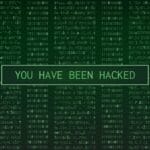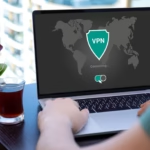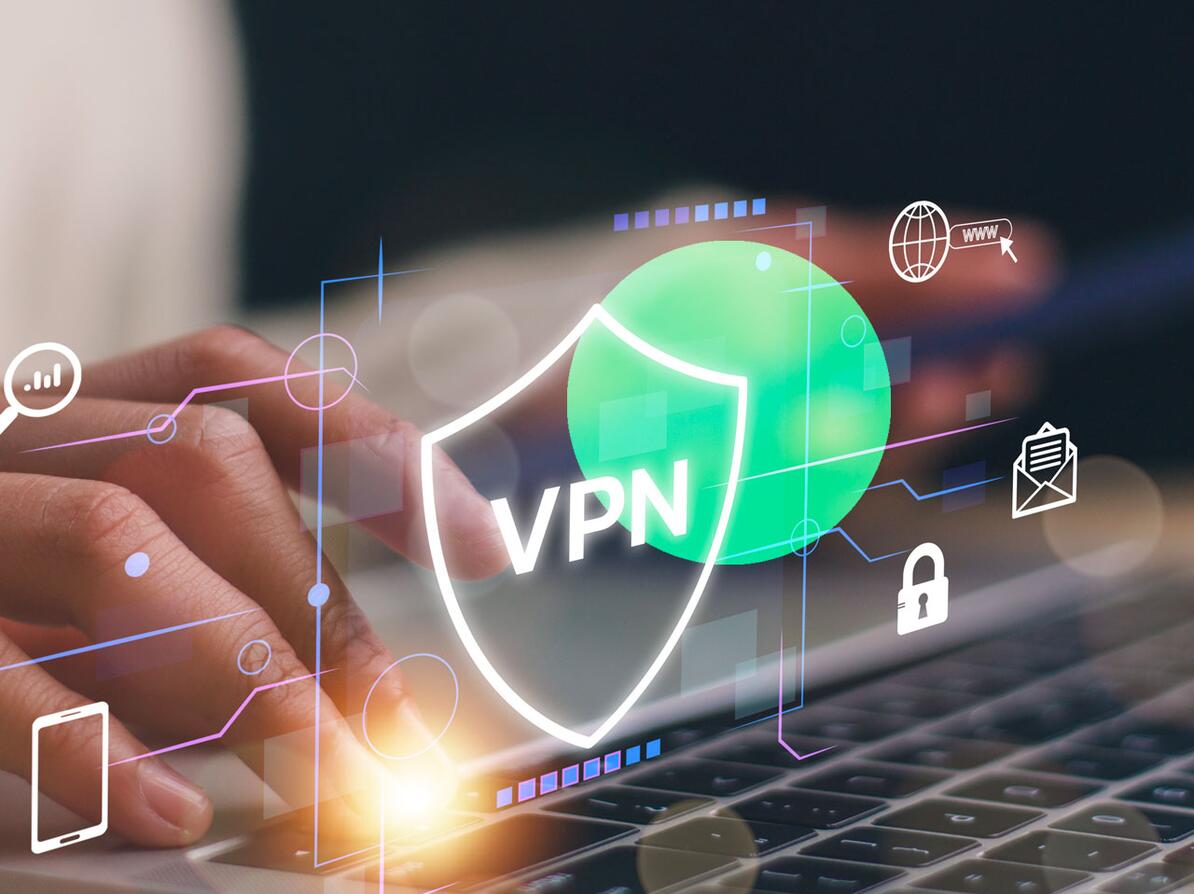Recent Blog
Check on Our Social Media
All Our Blogs

What is a VPN and Should You Use One in 2025?
Imagine walking through a crowded street, shouting your secrets out loud. Sounds ridiculous, right? Yet, every time we browse the internet on an unprotected connection—whether it’s shopping online, checking our bank accounts, chatting with friends, or uploading private documents—we are doing just that. In the digital world, without safeguards like a VPN, anyone with the right tools can quietly listen in.
With over 650 million Indians using the internet—many of whom rely on public Wi-Fi networks in cafés, airports, hotels, or even metro stations—the risk is real. Globally, online crimes such as hacking, identity theft, and data breaches are projected to cause damages exceeding $13 trillion by the end of 2025. In India alone, cybercrimes rose by 25% in 2024, and yet, VPN adoption remains surprisingly low: only 18% of Indian users use VPNs, compared to a global average of 31%.
Let’s understand what a VPN is, how it works, and why using one has become less of a luxury and more of a necessity.

What Even Is a VPN?
A Virtual Private Network (VPN) is like a digital invisibility cloak. It protects your data by encrypting it—turning it into unreadable code—and routes your internet connection through secure servers, masking your actual IP address. This means websites, advertisers, and even your internet service provider (ISP) can’t easily track what you do online. VPNs create a private channel over a public network, allowing you to browse safely and anonymously.
Whether you’re working remotely, trying to access geo-blocked content, or just concerned about your online privacy, a VPN acts as a protective shield between you and potential cyber threats.
How Does a VPN Work?
Think of a VPN like a secure tunnel. Here’s how the process typically works:
> Connection Initiation
You open your VPN app and tap “connect.” Your device links with a VPN server using secure protocols like OpenVPN, WireGuard, or IKEv2.
> Data Encryption
All internet data from your device—whether it’s a text, image, or video—is encrypted using military-grade technologies such as AES-256 encryption. This makes it unreadable to hackers or anyone trying to intercept it.
> Tunneling
Your encrypted data travels through an encrypted “tunnel” across the internet, shielding it from surveillance and cybercriminals.
> IP Masking
Your real IP address is hidden. Instead, websites see the IP address of the VPN server you’re connected to. So if you’re sitting in Mumbai and connect to a server in Tokyo, websites will think you’re browsing from Japan.
Real-Life Example
Suppose you want to watch a show that’s only available on Netflix Canada. You connect your VPN to a Canadian server—and voilà, Netflix thinks you’re in Toronto. Instant access!
Why VPNs Are a Big Deal in 2025
With cyber threats becoming more sophisticated and common, the reasons to use a VPN have never been more compelling:
> Public Wi-Fi = Hacker Heaven
Public Wi-Fi is incredibly convenient but notoriously unsafe. Cybercriminals often monitor these networks to intercept sensitive data. A VPN encrypts everything, making it useless to potential attackers—even if they’re on the same Wi-Fi as you.
> Bypass Geo-Restrictions
From streaming platforms to banking services, many websites limit access based on your location. VPNs let you bypass these geo-blocks and access the content or services you need from anywhere in the world.
> Prevent ISP Tracking
Your internet service provider can track your online activity and sell it to advertisers. With a VPN, your ISP can only see that you’re connected to a VPN server—not what you’re doing online.
> Guard Against Government Surveillance
In countries where internet use is heavily censored or monitored, VPNs are essential for protecting privacy. Journalists, activists, and everyday users rely on VPNs to communicate freely and securely.
When Not to Use a VPN
VPNs are powerful tools—but they’re not magic. Here’s when they fall short:
- > Illegal Activities
VPNs don’t make you immune to the law. If you engage in illegal activities online, a VPN won’t save you from legal consequences. - > Speed Limitations
VPNs can slow down your internet speed, especially if you’re connected to a server far away from your location. Modern VPNs minimize this lag, but it’s still something to consider.
> Free VPNs Aren’t Really Free
Many free VPNs make money by logging your data and selling it to third parties. Some even contain malware. If your goal is privacy, steer clear of “too good to be true” VPNs.
Should You Use a VPN in 2025?
The short answer? Absolutely—if you value your privacy and data.
Here’s why:
- > AI-enhanced threats are now capable of mimicking legitimate websites and communication to steal credentials.
- > ISPs still track and monetize user data.
- > Government censorship has increased, affecting access to information in some regions.
- > According to IBM X-Force, over 30% of stolen credentials in 2025 were compromised over unsecured public networks.
When VPNs Go Wrong: 4 Real Stories
Like any tool, VPNs have their flaws. Here are four cautionary tales:
1️. Pulse Secure Hack (2019)
Hackers exploited a flaw in Pulse Secure VPN software, breaching government and corporate networks.
Lesson: Always keep your VPN client up-to-date.
2️. FBI Busts Safe-Inet
A so-called “bulletproof” VPN used by criminals for scams was taken down by authorities.
Lesson: VPNs used for illegal activity are traceable and removable.
3️. China’s VPN Crackdown
In China, VPN developers and users have been jailed. One man received 5 years for selling VPN services.
Lesson: Know your country’s laws before using a VPN.
4️. Free VPNs Leak 21 Million Users’ Data
In 2021, SuperVPN, GeckoVPN, and ChatVPN leaked emails and passwords of over 21 million users.
Lesson: “Free” VPNs often come with hidden costs—like your privacy.
What You Should Do
- Use paid, trustworthy VPNs with strong encryption and zero-log policy.
- Regularly update your VPN software.
- Avoid VPNs that offer “total anonymity” or operate in legal grey areas.
- Understand the legal status of VPNs in your country before use.
The Bottom Line
VPNs are no longer optional for digital safety—they’re essential. Whether you’re a student, remote worker, traveler, or someone who just enjoys their privacy, a VPN gives you peace of mind in an increasingly unsafe online world.
Final Thoughts: VPNs Are Powerful—But Not Perfect
To wrap up, here’s what we’ve learned:
- 1. VPNs can protect you, but only if you choose a reliable one.
- 2. They aren’t a license to break the law.
- 3. Even the best VPNs need to be kept updated and configured properly.
- 4. Free VPNs often compromise your security.
Think of a VPN as a seatbelt for your digital life. It might not prevent every accident, but it gives you a much better chance of staying safe. In 2025, where digital threats lurk around every corner, a good VPN isn’t a fancy upgrade—it’s your online survival gear.
So, take charge of your digital privacy. Research, subscribe to a reputable VPN, and make it a permanent part of your internet toolkit. Your future self will thank you.
References:
https://www.top10vpn.com/research/global-vpn-usage-statistics/
https://www.statista.com/statistics/1176113/global-vpn-usage-reasons/
https://protonvpn.com/blog/is-vpn-legal/
https://www.techradar.com/vpn/best-vpn
Need help developing cybersecurity policies for your organization? Contact us, we can guide you through the assessment, development, and implementation process tailored to your specific needs and industry requirements.
Location
Nashik | Mumbai | Bengaluru | Dallas
contactus@quasarcybertech.com
Call Now
+91 97306 91190
Quick Links
Our Offerings
Copyright 2025 © All Right Reserved | QLeap Education & Trainings





